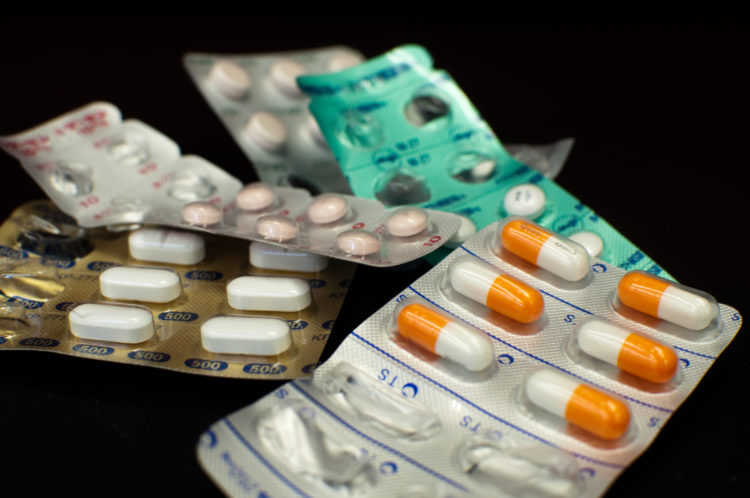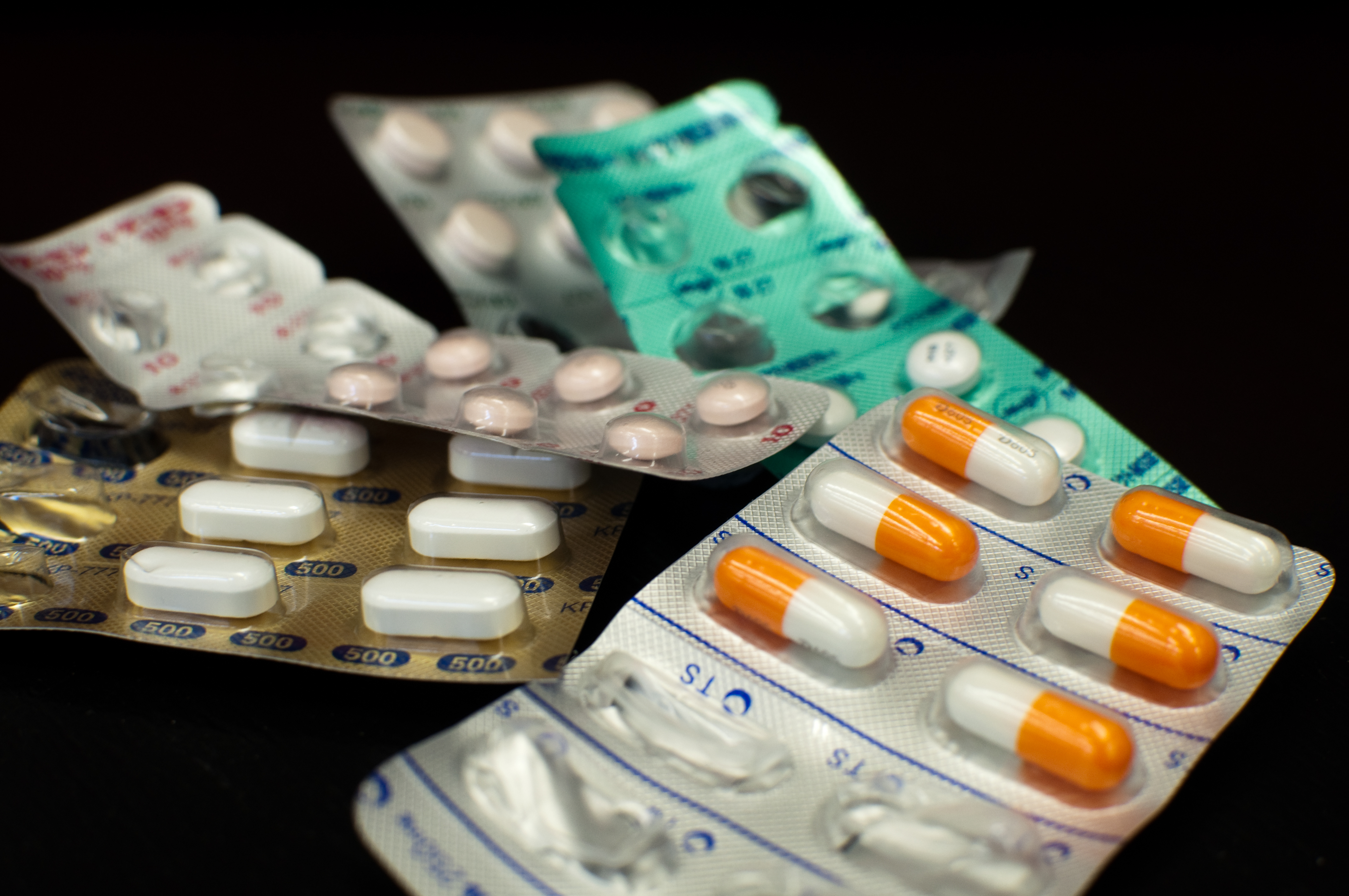Antidepressants have been around since the 1950s, going through several incarnations before doctors arrived at their most recent form – SSRIs, or selective serotonin reuptake inhibitors.
SSRIs, the most commonly prescribed antidepressant since the 1990s, work by limiting the amount serotonin the brain reabsorbs. Doctors hold a common belief that depression is caused by a lack of serotonin in the brain.

Serotonin molecular diagram
However, despite SSRIs being much safer than older forms of antidepressants and despite them seeming to provide relief of symptoms for many, there still exists much skepticism as to whether or not they even treat long-term depression.
Moreover, it is not just the alternative health community raising these questions, as the link above shows.
Unfortunately, doctors are very quick to prescribe antidepressant medication in even mild cases of depression, which can actually make things worse due to the side effects of said medications, which include loss of sexual drive – something that can cause anxiety and feelings of depression in itself.

And then there is the age-old argument that we are actually approaching depression entirely wrong from a treatment standpoint.
David Healy, head of psychiatry at the Hergest Psychiatric Unit in North Wales, believes that depression is not an emotional disorder but an infectious disease. He wishes to see it reclassified as such.
And he is not alone, with Dr. Turhan Canli of Stony Brook University in New York also speculating that depression is caused by a parasitic, viral or bacterial infection.
He wrote, in the journal Biology of Mood and Anxiety Disorders:
“Instead of conceptualizing major depression as an emotional disorder, I suggest to re-conceptualize it as some form of an infectious disease. I propose that future research should conduct a concerted search for parasites, bacteria, or viruses that may play a causal role in the etiology of major depression.”
Of course, there also is much argument coming from the other side in support of SSRIs. Professor Sir Simon Wessely of the Royal College of Psychiatrists is one of those proponents, although he believes the serotonin model for how depression comes about is false.
Professor David Taylor, who directs Pharmacy and Pathology and is also the head of the Pharmaceutical Sciences Clinical Academic Group, says the following:
“Researchers and psychiatrists alike know that SSRIs are effective in a number of disorders, but no one is sure exactly how they work. Their readily demonstrable effect is on serotonin, but they have many indirect secondary effects in the brain.”
So where should one sit with all of this information? It is quite frustrating to think about, especially if you are depressed, and your doctor is holding out a prescription that could very well make things a bit better for you.
The comforting thing is that antidepressants are likely to provide some relief once you find the one that works for you– no easy task in many cases.

However, some doctors attribute this relief to the treatment of symptoms rather than the depression itself. That is to say that neurotransmitters could have little to do with the root cause of depression after all.
Marcia Angell, former chief editor of the New England Journal of Medicine, describes how this line of thinking came about:
“When it was found that psychoactive drugs affect neurotransmitter levels in the brain, as evidenced mainly by the levels of their breakdown products in the spinal fluid, the theory arose that the cause of mental illness is an abnormality in the brain’s concentration of these chemicals that is specifically countered by the appropriate drug …
That was a great leap in logic … It was entirely possible that drugs that affected neurotransmitter levels could relieve symptoms even if neurotransmitters had nothing to do with the illness in the first place (and even possible that they relieved symptoms through some other mode of action entirely).”
So I’ve shared a ton of information with you. Now, what? What do you do with all of this?
Firstly, do nothing until you consult with your doctor. If you are on antidepressants, keep taking them. If you are thinking about starting antidepressants, seriously weigh the pros and cons and have an open discussion with your doctor – if they are not willing to have that discussion, find a new doctor.
Also, remember that antidepressants alone will not solve your problems. But if they help you get out of bed and get you motivated to take steps towards becoming healthier overall, power to them.
Thirdly, remember that there are several other things you can do to increase your mental health. Here’s a list that we put together a short while ago to get you started.
David Wolfe also put together a diet for combatting depression. Take a look at it here.


